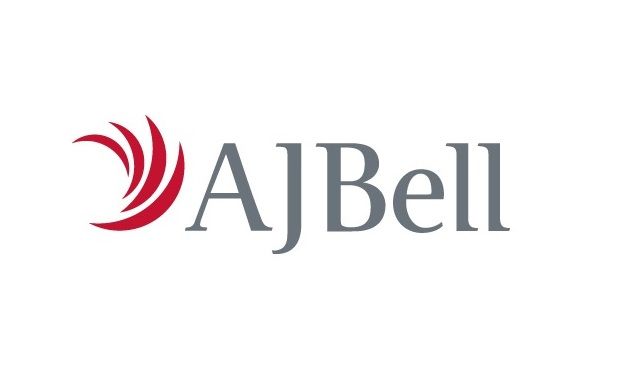Inheritance tax (IHT) receipts for April to September 2024 were £4.3bn, up by £0.4bn compared to the same period last year.
The figures, released ahead of the upcoming Budget by HM Revenue and Customs (HMRC), show a trend of rising IHT revenues.
The £325,000 nil-rate band (NRB) threshold for IHT has remained unchanged since 2009, while the residential nil-rate band threshold, introduced between 2017 and 2020, provides an additional £175,000 allowance under specific conditions.
Gross tax and National Insurance contributions (NICs) for the same period reached £406.3bn, an increase of £11.1bn year-on-year.
Meanwhile, receipts from income tax, capital gains tax (CGT) and NICs amounted to £226.8bn, up £6.2bn from the previous year.
Laura Hayward, tax partner at Evelyn Partners, said: “The steady annual rise in IHT receipts has been ingrained in recent years as inflation has dragged more assets and more estates over the frozen nil-rate bands.
“Any changes aimed at increasing the IHT take beyond this fiscal drag effect are likely to reap outsize results over the coming years as the baby boomer generation reaches average mortality.
“So, it’s no surprise IHT is at the centre of Budget speculation again, with firm reports claiming business and agricultural property reliefs will be reformed and the gifting rules revamped.
“We have spoken to many people this summer who were bringing forward plans to gift substantial assets, not just to start the seven-year clock ticking, but also to pre-empt an expected CGT rise.
“It’s not out of the question that the chancellor could also look at the nil-rate bands, as the residential NRB has come under criticism for discriminating against those who can’t or don’t want to leave their main property to a direct descendant.”
Alastair Black, head of savings policy at Abrdn, said: “Families will be closely watching the upcoming Autumn Budget for any changes to IHT, with rumours rife that the chancellor will look to raise tax on inheritances to help fill the now reported £40bn target.
“One of the more likely changes would be to bring pensions into IHT’s scope. But I doubt they will go to a full 40% charge as they won’t want to encourage consumers to use up their pension more quickly. It’s a balancing act. Further actual tax revenues could take a long time to come through, so changing the gifting rules to simplify and shorten seem likely too.”
Chancellor Reeves ‘wrapping herself in a straight jacket’ ahead of Budget
David Denton, technical consultant at Quilter Cheviot, said: “IHT is a highly emotive issue, and it has been ripe for reform and simplification for many years given it is full of impenetrable and irrelevant details in need of review.
“Historically, inheritance tax has been viewed as a tax on the wealthy, but this is simply no longer the case. IHT is one of the most hated taxes in Britain and can be incredibly polarising given the rich can often avoid it by employing expertise to help them navigate the complexities of the tax and the available reliefs, while those without such resource can be disadvantaged.
“If reports are true and Labour opts to make IHT more punitive, it could choose to balance this by modernising gifting laws. Simplifying the IHT regime and increasing the annual gifting exemption could ease the complexity of transferring assets and help families pass wealth on during their lifetime. Raising the gifting timescale would encourage earlier wealth transfer, potentially boosting consumer spending.
Andrew Tully, technical services director at Nucleus, said: “For IHT, changes could be made such as scrapping or updating the rules on agricultural land and business relief. Currently, a person can claim up to 100% relief on the inheritance of agricultural land if it is being actively farmed. This could be reduced, or certain limitations placed on the maximum value of the relief.
“Changes could also be made to the IHT benefits of holding shares on the Alternative Investment Market (AIM). AIM shares need to qualify for Business Property Relief and be held for more than two years at the time of death to qualify for IHT exemption. However, this may run contrary to the desire to increase investment in UK businesses, to drive further growth.
“Advisers can help clients mitigate these taxes by setting up trusts, making use of gift allowances, spousal exemption and using a pension to pass on wealth to family in a tax-efficient way. Additionally, equalising assets between spouses and civil partners, and making use of the “no gain no loss” disposal, could mean all exemptions can be utilised and household income increased if there is a disparity in the rates of tax each spouse pays.
“Alternatively, people could hold assets within a tax-efficient wrapper such as an Isa, pension or bond.”















Comments